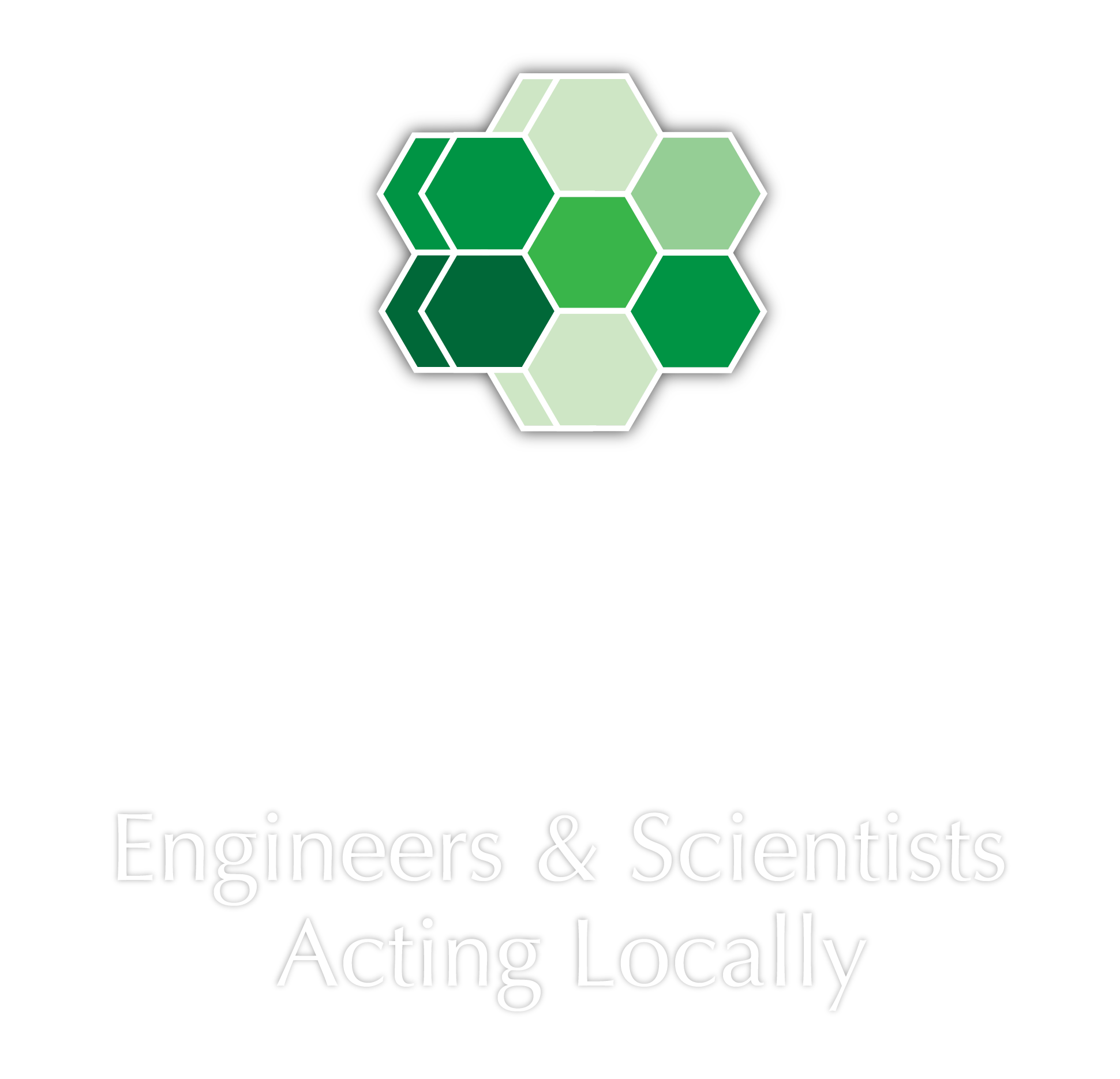Learn more about how senior chemist Bettina Christle channels her passion for sustainability to her local community and leads the Garden Club initiative, where students learn about plants and gain hands-on experience with garden maintenance. Read more about Christle's journey and what she has learned from getting involved in her community.


